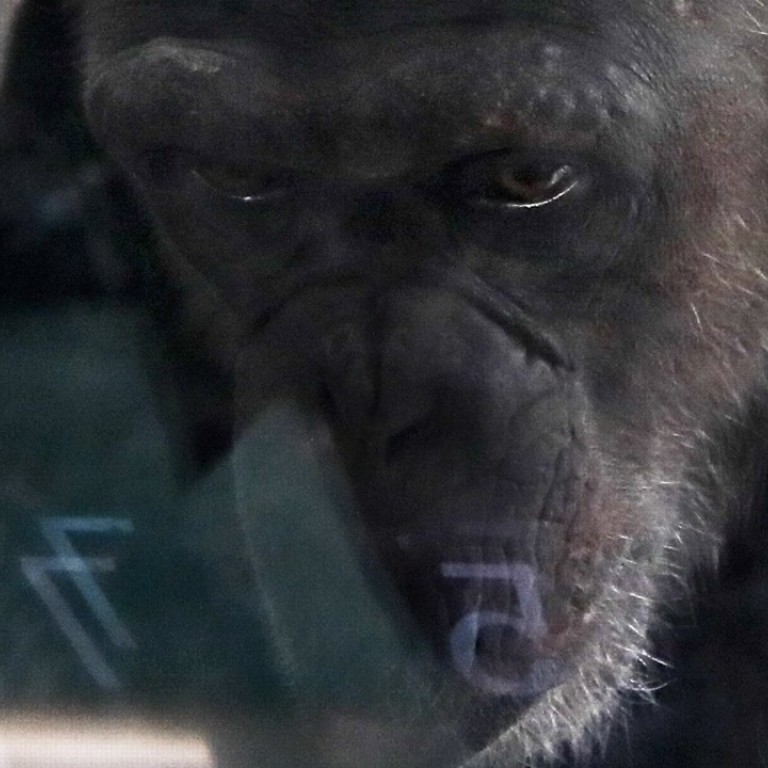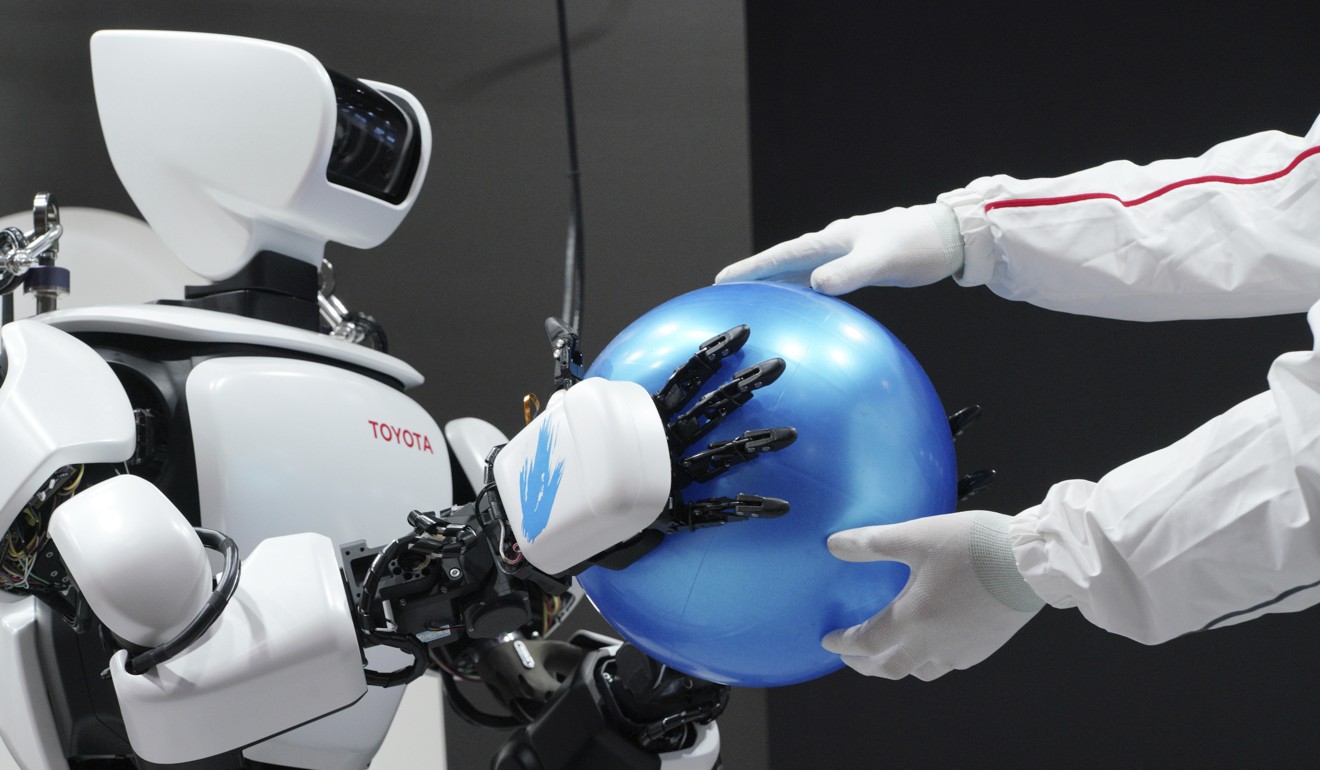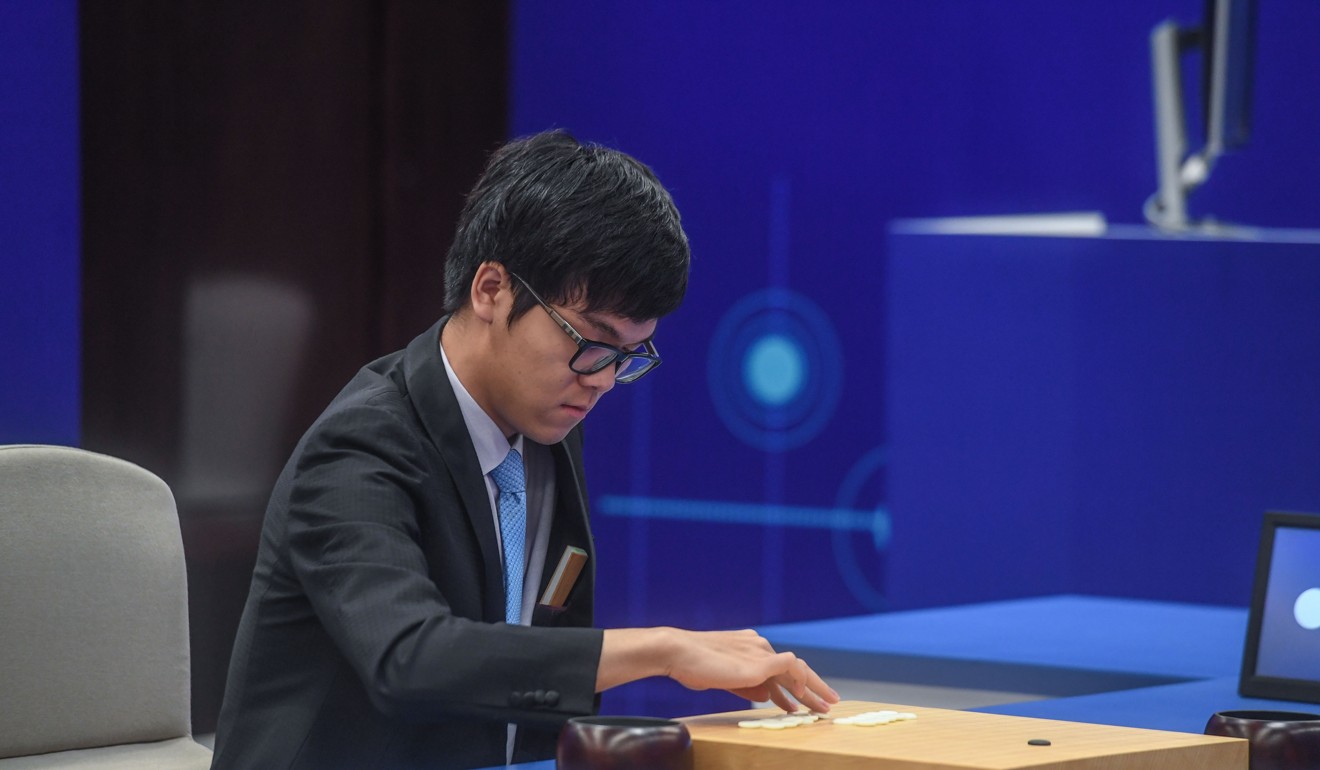
Humans will probably lose the war with AI, so let’s change the business model
Entrepreneurs and new graduates need to plan their businesses and careers around this ongoing and historical shift in the economics of labour versus capital
Artificial intelligence attracts attention because it is vastly overrated and overhyped, sensationalised as the next future shock and spectre. High profile technologists have been warning about the upcoming apocalypse or a dystopia where humans are enslaved by computers. Elon Musk warned about the possibility of war being instigated by AI: images of shell shocked humans huddling in bunkers, surveying the remains of our razed cities while hunter-killer terminator robots relentlessly seek to eradicate the pestilence of the human race.
Every year heralds a new development in AI. In 2012 Google’s cutting edge research lab Google X claimed they were able to develop a neural network that taught itself how to recognise a cat with 15.8 per cent accuracy- not yet highly impressive. But, in 2011 IBM’s Watson computer beat humans in the trivia knowledge game “Jeopardy”. Quite an accomplishment as the algorithm involved reading Wikipedia documents not programmed responses, which means understanding humour, metaphors, jokes and similes, thus assuming some command of human knowledge. Then, in October 2017 Google’s AlphaGo became the world’s best player of “Go”.
Human experience is linear unlike the exponential progression of technology. Information technology and AI will work so well until they reach a point they work too well. It will eventually become so fast that it will rush ahead of us at every step. Then, it will replicated itself into every computing device.
But, until then the economic transformation that is already taking place due to high level automation, big data and machine learning will inflict significant social welfare problems. AI will not just revolutionise our lives, but it will revolutionise unemployment.

A Deloitte study in 2016 proposed that rapid advances in technology and the growth of online shopping meant that more than 2 million jobs in Britain’s wholesale and retail sectors, or almost 60 per cent of the current retail workforce, could be automated by 2036. And this doesn’t include robots or AI.
In Hong Kong, some McDonald’s restaurants have already deployed menu and mobile app payment kiosks with touch screen menus to reduce the number of cashiers and improve customer interaction. Technology already exists to entirely make hamburgers and French fries with automated machines and an assembly line without humans. If this were actually rolled out it would inflict mass lay-offs in the fast food industry. Governments might have to ban them to prevent the elimination of low paying, but important jobs that represent the starting point for many young people and subsistence employment for others.
Advancing technology means capitalism has reached a limit in diminishing worker productivity. Human labour is under pressure. And to extract profits through lower costs, rapid environmental degradation and speculative investments that run away from actual real economic activity and growth emerge.
Facebook’s Mark Zuckerberg proposed a new social contract- universal basic income – as a possible policy solution for future, permanent unemployment as technology eliminates entire job categories like truck drivers.
Unfortunately, he thinks taxpayers ought to pay. Instead, wealthy tech titans and companies should bear the social welfare costs of this massive demographic income shift. They also must consider the implications: a permanently unemployed and disenchanted underclass (with lots of time on their hands) supported by basic income and benefits can, as recent history has shown, evolve into an unpredictable political force.

It’s time for governments, especially Hong Kong where labour and capital distortions cannot seem to be resolved, to calculate how many extra tens if not hundreds of billions in additional welfare spending will be required to house and satisfy the underemployed workers in low skilled jobs, and jobless graduates.
Machines have increasingly become substitutes for labour even in traditionally low labour cost locations like China. Their abundant application has generated more capital. The providers of cheap labour and the owners of capital are also being squeezed by technology. Disintermediating technologies such as high frequency trading have affected ordinary returns on investment reducing the expectation of excess returns. Wealth will accrue to a third group: those who can access capital to create innovations and business models.
Graduates and entrepreneurs need to plan and visualise their careers and businesses around this ongoing and historical shift in the economics of labour versus capital. Social media and other financial information platforms mean that the global market for labour and capital have become more efficient, equalised and integrated.
Peter Guy is a financial writer and former international banker

